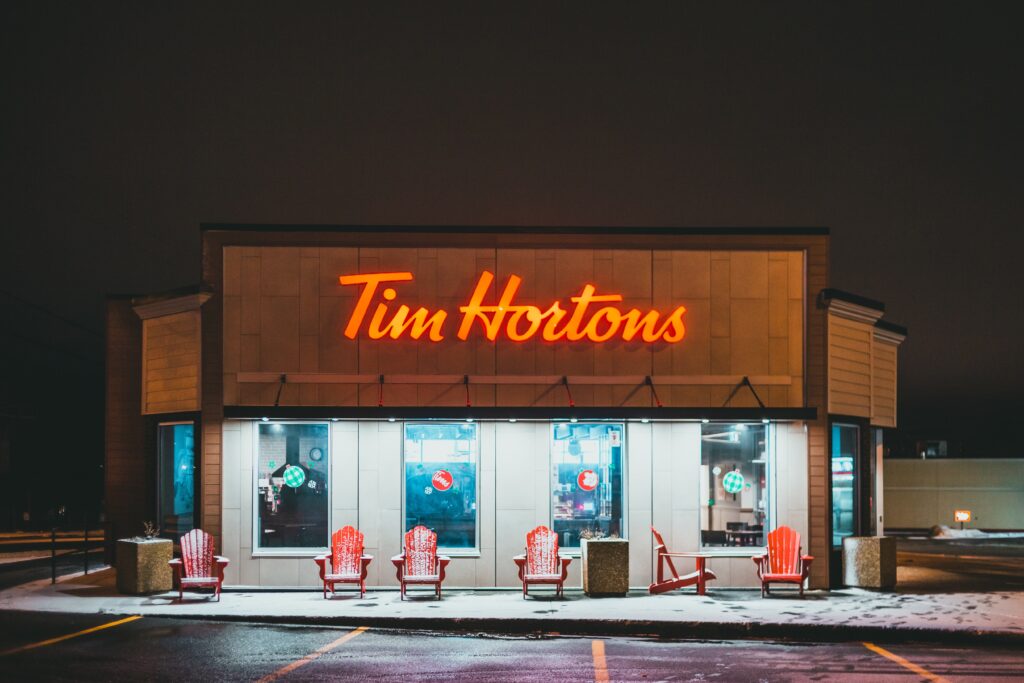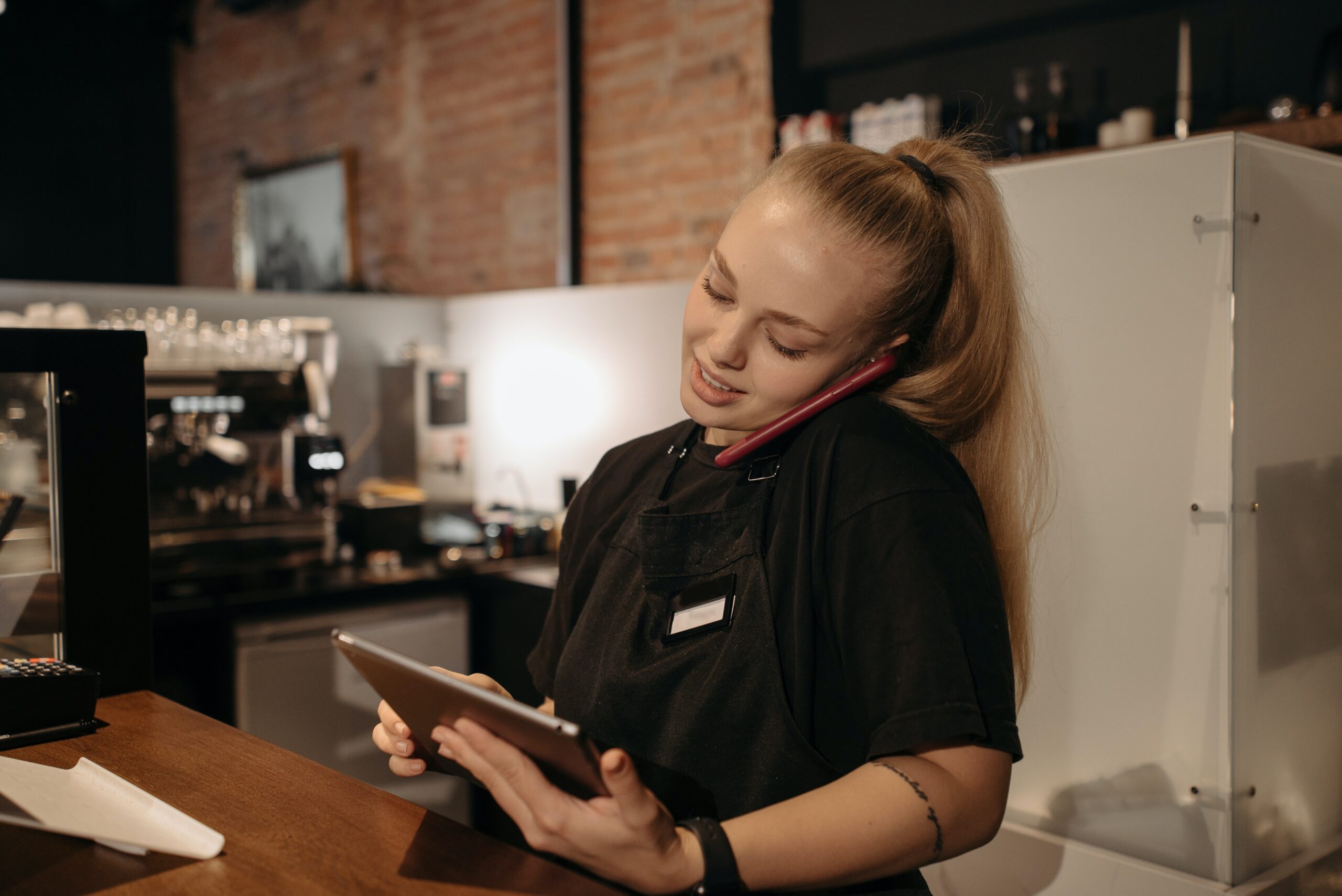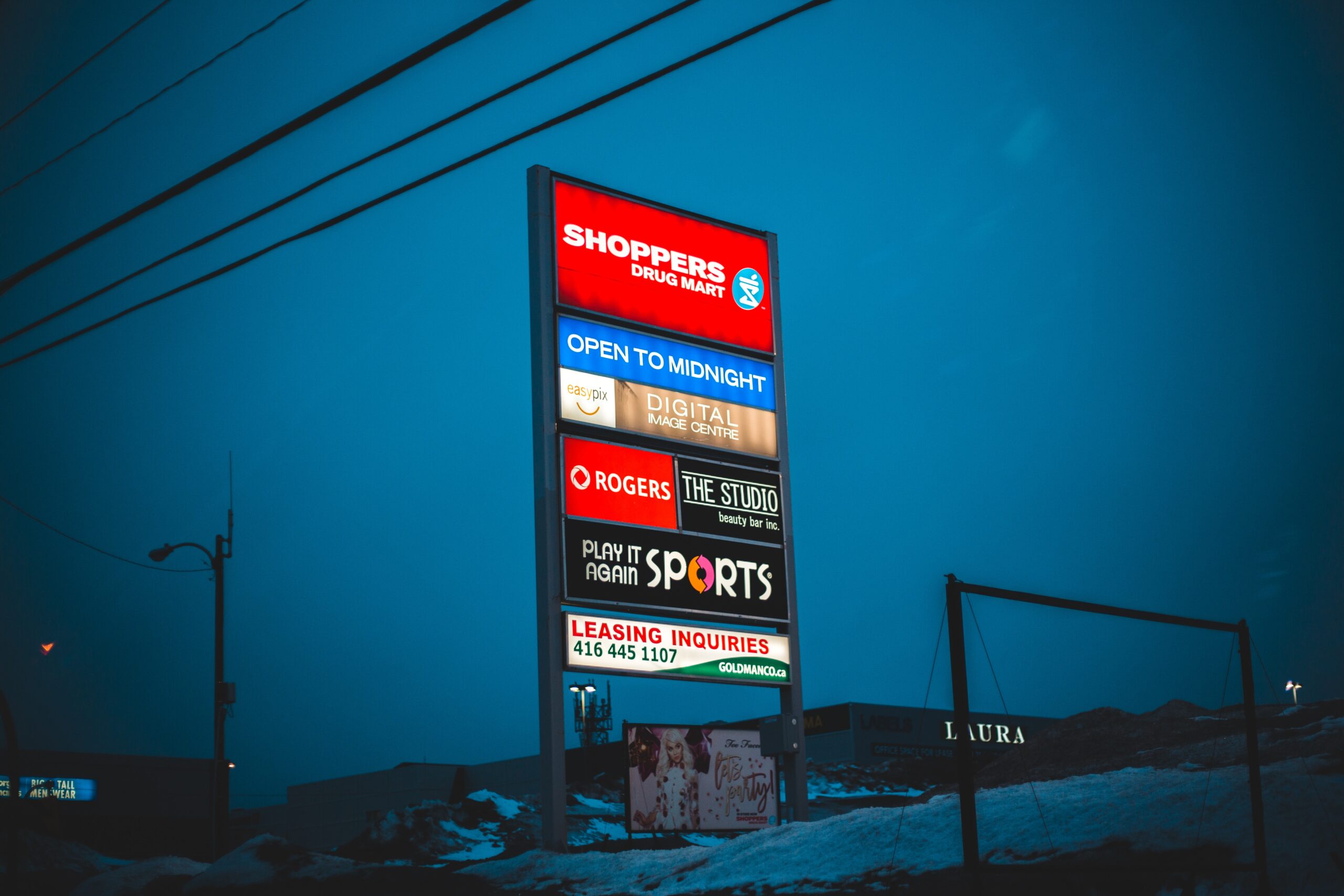Success in franchising hinges on delivering a unified and harmonious brand experience across all outlets. For example, if you were to walk into a McDonald’s in any part of the world, you would expect the same ambiance, service, and product quality. This uniform experience is a testament to brand consistency.
The Essential Role of Brand Consistency in Successful Franchising
By Johnny Dey
Franchising has been a critical engine of growth for numerous successful businesses, providing opportunities for market expansion while mitigating the associated risks. It presents a lucrative platform for businesses to amplify their brand’s success, extend their market reach, and maximize profit margins. At the core of this successful strategy lies brand consistency.
Brand consistency is more than just a trending buzzword; it is a fundamental strategy for ensuring a franchise’s growth and longevity. Why so? Because consistency cultivates familiarity, and familiarity breeds trust, which is the cornerstone of customer loyalty.
The essence of franchising is a replication model. The underlying principle is to replicate the parent company’s successful business model across multiple locations, ensuring a consistent customer experience. This is where brand consistency comes to the forefront.
Success in franchising hinges on delivering a unified and harmonious brand experience across all outlets. For example, if you were to walk into a McDonald’s in any part of the world, you would expect the same ambiance, service, and product quality. This uniform experience is a testament to brand consistency.
Brand consistency not only refers to visual elements such as logos, colors, and store design but also includes communication style, customer service, and the overall quality of goods or services offered. Thus, the importance of brand consistency in franchising is paramount.
Brand identity plays a significant role in making a brand recognizable and memorable. Consistency in brand identity across all franchises enhances brand recall, leading to increased customer loyalty and repeat business.
Customer loyalty is a pivotal element for any business, but for franchises, it holds supreme importance. When customers experience consistency across different locations, their trust in the brand deepens, resulting in enhanced loyalty.
Investment in brand training is a key aspect of maintaining brand consistency. Training programs should strive to instill employees with the brand’s values and mission, ensuring they can deliver the consistent service that is expected. Therefore, the implementation of regular and comprehensive training programs is crucial for the success of a franchise.
Another domain where brand consistency plays an integral role is in digital marketing. With the surge of customers turning to online platforms for their needs, franchises need to ensure that their online presence is reflective of their in-store experience. Consistent messaging and tone across all digital channels, including the website, social media, and email marketing, can significantly enhance the brand’s reputation and visibility.
Lastly, brand consistency contributes to the franchise’s value proposition. It offers a sense of reliability to both the franchisee and the customer. A well-established, consistent brand identity can often simplify the marketing efforts of franchisees, as they can leverage the pre-existing brand recognition and customer loyalty.
In conclusion, brand consistency is a vital ingredient for successful and sustainable franchising. It is instrumental in building trust with customers, fostering brand loyalty, and ensuring the overall success of the franchise. Therefore, businesses venturing into franchising should prioritize maintaining brand consistency across all their outlets.











